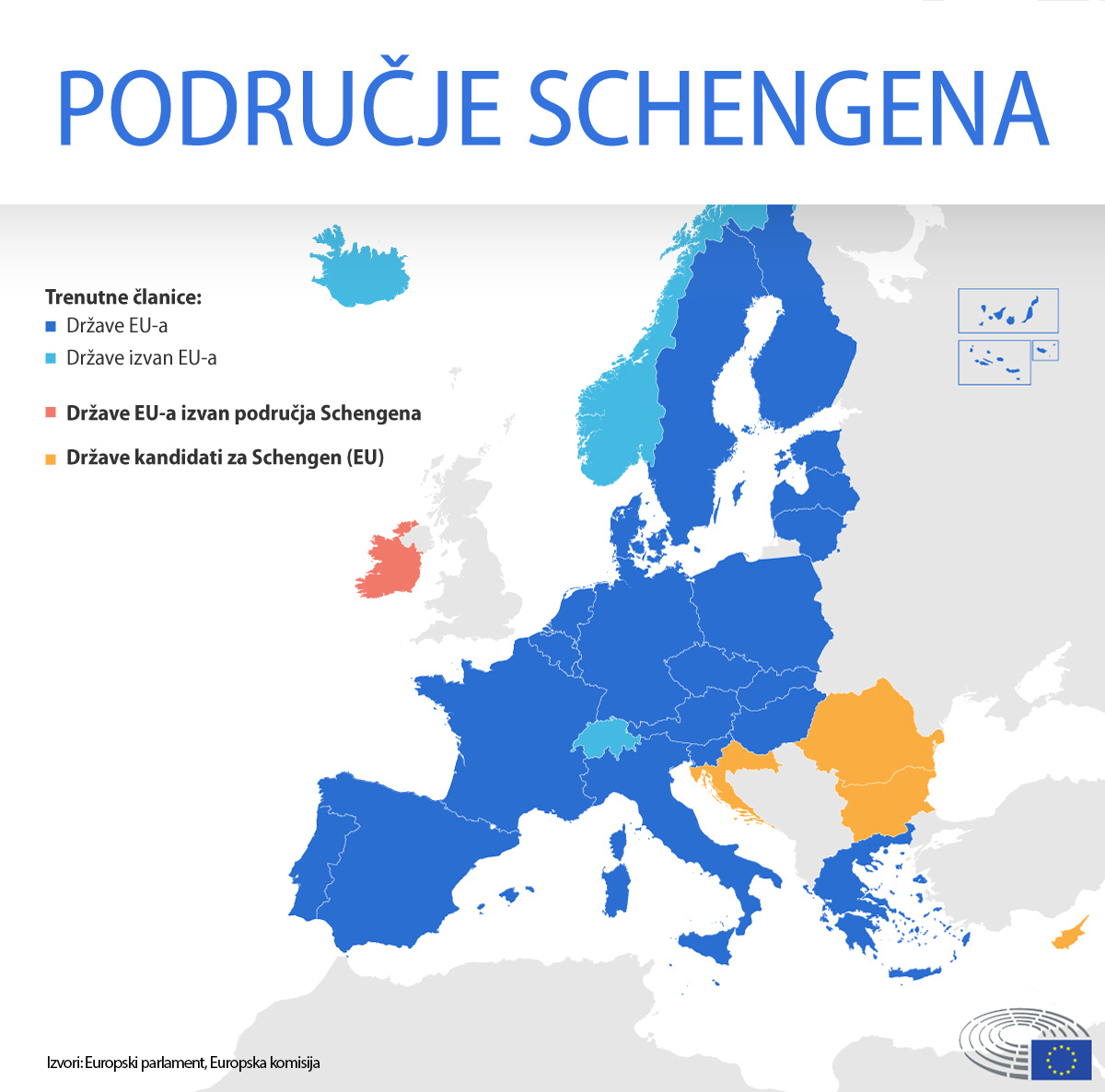Following the announcement by President Ursula von der Leyen in her 2022 State of the Union address, the Commission has adopted today its proposal to make 2023 the European Year of Skills.
The green and digital transitions are opening up new opportunities for people and the EU economy. Having the relevant skills empowers people to successfully navigate labour market changes and to fully engage in society and democracy. This will ensure that nobody is left behind and the economic recovery as well as the green and digital transitions are socially fair and just. A workforce with the skills that are in demand also contributes to sustainable growth, leads to more innovation and improves companies' competitiveness.
However, currently more than three quarters of companies in the EU report difficulties in finding workers with the necessary skills, and latest figures from Eurostat suggest that only 37% of adults undertake training on a regular basis. The Digital Economy and Society Index shows that 4 out of 10 adults and every third person who works in Europe lack basic digital skills. In addition, already in 2021, 28 occupations ranging from construction and healthcare to engineering and IT had shortages, showing a growing demand for both high and low-skilled workers. There is also low representation of women in tech-related professions and studies, with only 1 in 6 IT specialists and 1 in 3 STEM graduates being women.
To encourage lifelong learning, Member States have endorsed the EU 2030 social targets that at least 60% of adults should participate in training every year, already presenting their national contribution to meeting this target. This is also important to reach the employment rate target of at least 78% by 2030. The 2030 Digital Compass sets the EU target that by 2030, at least 80% of all adults should have at least basic digital skills, and there should be 20 million employed ICT specialists in the EU, while more women should be encouraged to take up such jobs.
The European Year of Skills – boosting competitiveness, participation and talent
With the European Year of Skills, in cooperation with the European Parliament, Member States, social partners, public and private employment services, chambers of commerce and industry, education and training providers, and workers and companies all together, the Commission proposes to give a fresh impetus to lifelong learning by:
- Promoting increased, and more effective and inclusive investment in training and upskilling to harness the full potential of the European workforce, and to support people in changing from one job to another.
- Making sure that skills are relevant for labour market needs, by also cooperating with social partners and companies.
- Matching people's aspirations and skill sets with opportunities on the job market, especially for the green and digital transition and the economic recovery. A special focus will be given to activate more people for the labour market, in particular women and young people, especially those not in education, employment or training.
- Attracting people from third countries with the skills needed by the EU, including by strengthening learning opportunities and mobility and facilitating the recognition of qualifications.
To meet these objectives, the Commission will promote upskilling and reskilling opportunities, for instance by highlighting relevant EU initiatives, including EU funding possibilities, to support their take-up, implementation and delivery on the ground. Events and awareness-raising campaigns will also be organised across the EU to support mutual learning of partners in up- and reskilling. The proposed Year also aims to help to further develop skills intelligence tools and promote tools and instruments for increased transparency and easier recognition of qualifications, including qualifications awarded outside the EU.
To ensure the coordination of relevant activities at national level, the Commission calls on Member States to appoint a national coordinator for the European Year of Skills.
EU initiatives to support skills development
Activities within the framework of the European Year of Skills can be built on a number of existing EU initiatives to support skills and increase their uptake. Here are some of them:
- The European Skills Agenda Agenda is the framework for EU skills policy cooperation and will continue to help individuals and businesses develop more and better skills and to apply them.
- As part of the Skills Agenda, under the Pact for Skills so far, more than 700 organisations have signed up and 12 large-scale partnerships in strategic sectors have been set up with pledges to help upskill up to 6 million people.
- The Structured Dialogue with the Member States on Digital Education and Skills.
- The Commission has also proposed new initiatives to address EU skills shortages and improve migration cooperation. The roll-out of an EU Talent Pool and and of Talent Partnerships with selected third partners will help match the skills of candidates to work in Europe with labour market needs. This is a key deliverable under the New Pact on Migration and Asylum.
- The The New European Innovation Agendaadopted in July, proposes a flagship initiative and set of actions to create the right framework conditions for our talents.
- The European strategy for universitiesadopted in January, proposes a series of 50 actions that are key to develop high level and future-proof skills for a wide range of learners, including lifelong learners, for them to become creative and critical thinkers, problem solvers and active and responsible citizens.
- The European Digital Skills and Jobs Platform is an initiative launched under the Connecting Europe Facility Programme. It offers information and resources on digital skills such as a digital skills self-assessment tool, as well as training and funding opportunities
- The EU Digital Skills and Jobs Coalition tackles the digital skills gap by bringing together Member States, social partners, companies, non-profit organisations and education providers to raise awareness and encourage organisations to take different actions to encourage digital skills training such as taking a pledge to boost digital skills.
More info can be found here: Commission kick-starts work on the European Year of Skills (europa.eu)..


